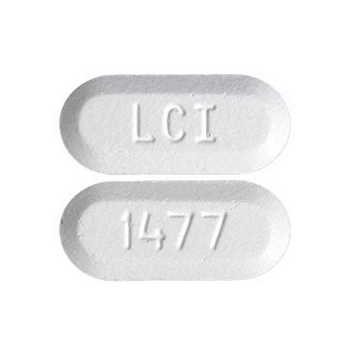|
Name: Diethylpropion
Type: Anorectic
AKA: Tenuate, Tepanil

|
|
II. Natural Derivative
Synthetic substance, no natural derivative
 |
|
III. Chemical Profile (IUPAC name)

|
|
IV. History
Diethylpropion, a stimulant, was developed in the mid-20th century. It is used to manage obesity and appetite but has potential for abuse and is regulated due to its stimulant effects.

|
|
V. Legal Information
Diethylpropion is a stimulant used as an appetite suppressant. It is regulated in the United States as a Schedule IV controlled substance due to its potential for abuse. Similar regulations exist in other countries to manage its use and prevent misuse. [Source: UNODC].
US Federal Schedule - IV
Schedule IV drugs, substances, or chemicals are defined as drugs with a low potential for abuse and low risk of dependence. Some examples of Schedule IV drugs are: Xanax, Soma, Darvon, Darvocet, Valium, Ativan, Talwin, Ambien, Tramadol.
Key US Federal Policies:
Controlled Substances Act. Public Law: Public Law 91-513 (text can be found on GovInfo) (https://www.dea.gov/drug-information/csa). Date enacted: October 27, 1970.
|
|
VI. Physical Effects
Diethylpropion is a stimulant used as an appetite suppressant. It increases heart rate and blood pressure. Short-term use may aid in weight loss, but long-term use poses risks of cardiovascular issues, psychological problems, and dependency. Overdose risks include severe agitation and cardiovascular effects. Safe use requires careful dosing and monitoring. Recent research explores its efficacy in weight management and associated health risks.  |
|
VII. Psychological Effects
Diethylpropion is a stimulant used for weight loss, enhancing mood and energy. Long-term use may lead to dependence, anxiety, and cognitive issues. Research focuses on its impact on neurotransmitter systems and associated psychological risks.
 |
|
VIII. Culture
Diethylpropion is a stimulant used for short-term weight loss, classifying it as an upper. Short-term use suppresses appetite and increases energy, while long-term use can lead to cardiovascular issues and dependence. Overdose risks include severe agitation, cardiovascular problems, and potential for psychosis. Safe dosages are typically prescribed for short-term use only. Recent research emphasizes its efficacy in weight loss but warns of potential abuse and health risks. Physical effects include increased heart rate, elevated blood pressure, and potential for agitation.
 |
